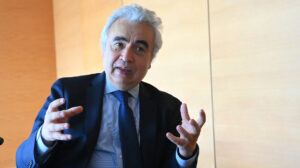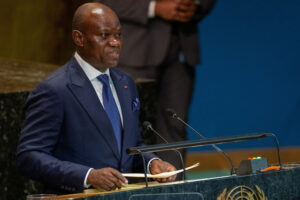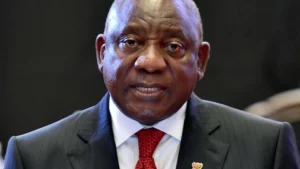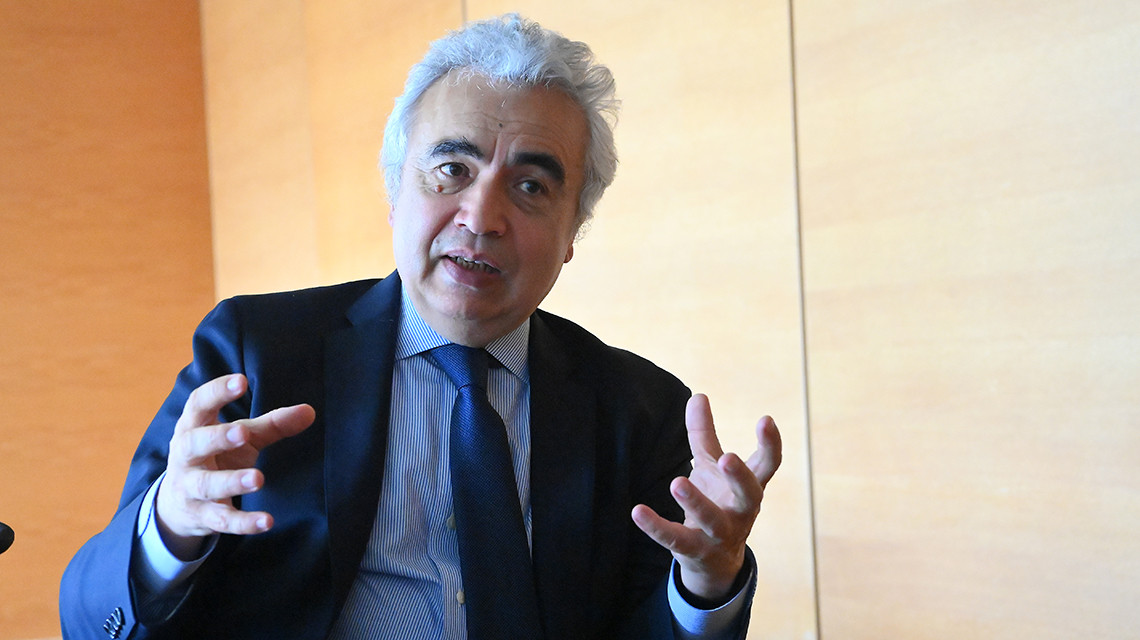South Africa’s transition to a low-carbon, climate-resilient, and sustainable society has ignited a heated discussion regarding the energy mix that may lift the country out of poverty while adhering to the Juts Transition standards. The multiplicity of transition options has perplexed Parliamentarians, and continued blackouts from the country’s coal-fired power plants have undermined the country’s efforts toward the initial NDC Commitments: there is no sustainable economic growth, and the NDC requirements are not a zero-sum outcome for South Africans.
South Africa, as a signatory to the Paris Agreement, committed to the Nationally Determined Contribution (NDC). NDCs are documents in which governments set objectives for reducing greenhouse gas emissions that cause climate change and responding to climate effects. According to the UN, the NDC plans describe how to achieve the objectives and detailed procedures to monitor and evaluate progress to ensure that it continues on track.
The Just Transition Framework was released in July 2022 by South Africa’s Presidential Climate Commission to explain how the nation’s pledges to just transition and initiatives to mitigate climate change may affect the poor and employment opportunities. The framework puts human development issues at the forefront of decision-making while concentrating on controlling the social and economic effects of such policies.
The framework states that social partners in South Africa will have to create their own policies and programs based on the vision, guiding principles, and actions outlined in the framework, taking into account their unique circumstances, obligations, and spheres of influence.
What are the ramifications for National Government agencies, SOEs, and local governments? In the coming weeks, ESG Frontiers will examine the framework’s strategic implications for economic recovery plans, as well as particular strategies to grow certain sectors of the economy while preserving the delicate balance of policy development and alignment with the JT Framework.












